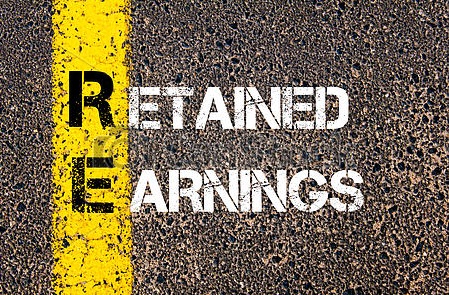Watch Where You Invest Those Retained Earnings – IRS Tracking Luxury Home Purchases from Offshore Companies
According to the N.Y. Times, The IRS has begun tracking homes bought through offshore companies and shell corporations in the United States. If you’ve setup an offshore structure, and used your retained earnings to buy real estate in the United States, you’re probably a target of the IRS.
Even if your offshore company is tax compliant, you still may be in trouble with the tax man for using those retained earnings for your personal benefit. You may be living in the property at below market rent or taking the rents as personal income.
If you’ve managed to avoid the worst of the pitfalls, investing retained earnings in the United States might have converted them to taxable distributions to the parent company. For more information, see: How to Manage Retained Earnings in an Offshore Corporation
The bottom line is that offshore retained earnings are best held offshore. Unless you have a tax plan and written opinion from a reputable firm, leave the money alone and allow it to build up inside your operating company.
And now, here’s the rest of the story:
As I said above, the IRS is targeting luxury home sales involving offshore companies. Because buying US real estate is a common, if risky, use of retained earnings, this investigation is likely to net many offshore entrepreneurs.
The first stage of this investigation is now complete. It was focused on Miami and Manhattan, where over 25% of the all-cash luxury home purchases made using offshore companies or shell corporations were flagged as suspicious.
Today, officials said they would expand the program to areas across the country. The IRS will target luxury real estate purchases made with cash in all five boroughs of New York City, counties north of Miami, Los Angeles County, San Diego County, the three counties around San Francisco, and the county that includes San Antonio.
The IRS says that the examination, known as a geographic targeting order, is part of a broad effort by the federal government to crack down on “money laundering and secretive offshore companies.” As we know, “money laundering” is basically code for “tax cheats.” For every one drug kingpin caught in their net, they’ll land 1,000 tax cases.
Cases will be selected based on the purchase price of the property. Only all cash sales will be targeted in this round of audits. The dollar values involved are as follows:
- $500,000 in and around San Antonio;
- $1 million in Florida;
- $2 million in California;
- $3 million in Manhattan; and
- $1.5 million in the other boroughs of New York City.
You might be thinking, that the IRS doesn’t have data on every real estate purchase in the United States. How the heck are they going to audit every single transaction over these amounts.
Never fear, the IRS thought of that. All they needed to do is issue an order to every title insurance company in the United States. Basically, they’ve drafted title insurance agents into the IRS army (unpaid, of course), to search through their records and select those who should be investigated.
- Title insurance companies are involved in just about every residential and commercial real estate transaction in the United States.
And these insurance agents aren’t just providing information on the home in question. They’re identifying the escrow agent, the US and offshore banks involved, all paperwork from the offshore company, etc.
Once the IRS has the bank account information, they’ll summon your account records. This will enable them to chase down all inbound and outbound wires.
Here’s the bottom line: investing retained earnings into the United States opens up a pandora’s box of trouble. I’ve been telling clients this for years and now it’s come to fruition.
If you have an active business offshore, keep your retained earnings offshore. Don’t make you and your cash a target for the IRS. Even if you’re 120% tax compliant, avoid the audit, avoid the battle, and protect your hard work from the Service.
I hope you’ve found this article on the IRS’s targeting of offshore retained earnings to be helpful. If you have questions on structuring a business offshore, you can reach me at info@premieroffshore.com for a confidential consultation.











Leave a Reply
Want to join the discussion?Feel free to contribute!